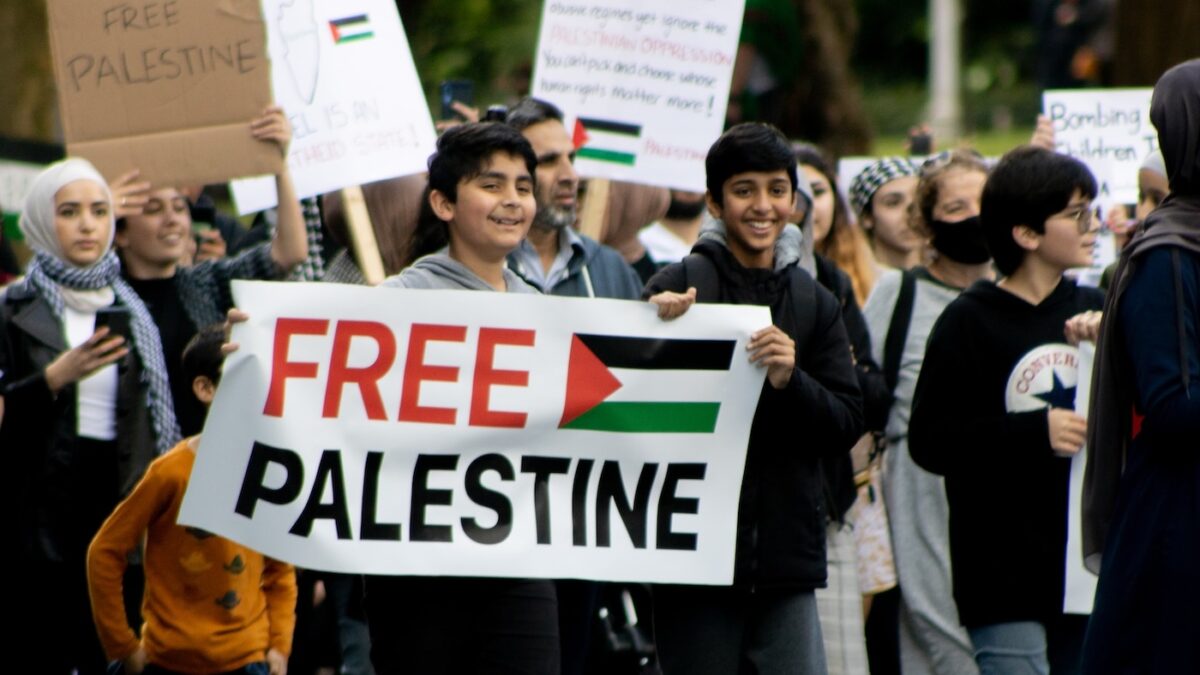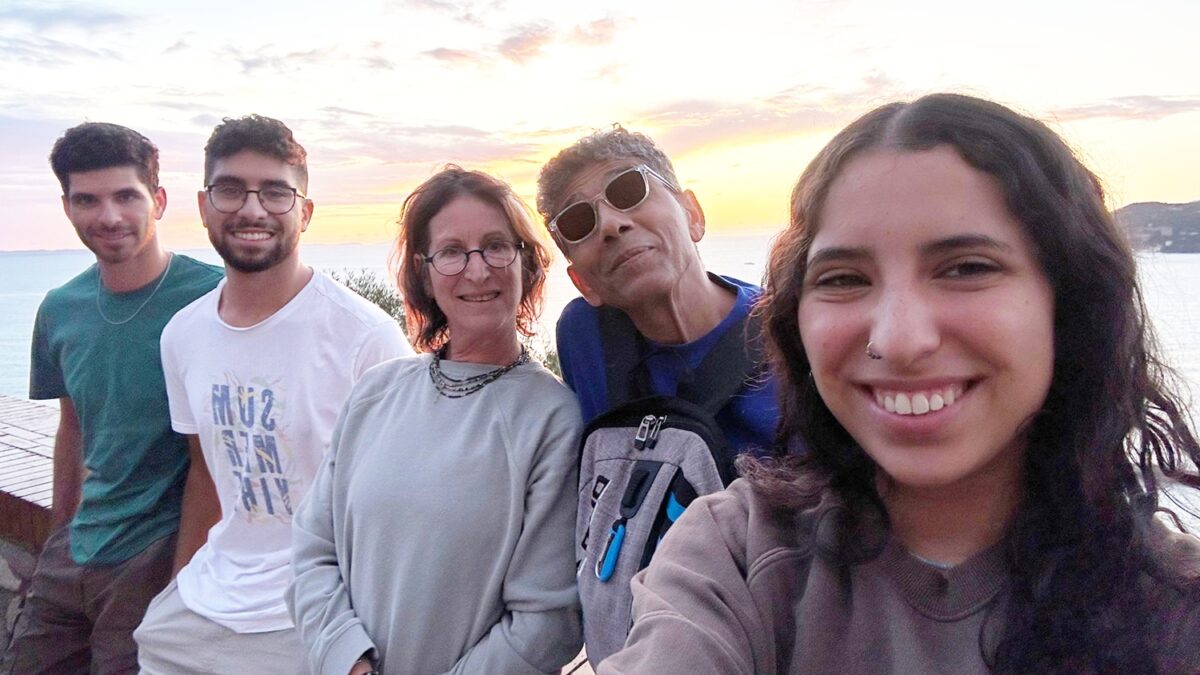
Last night in Paris, at least one gunman got out of a car at the Champs-Élysées and opened fire on police with an AK-47 assault rifle, killing one officer and injuring two others. The gunman was shot dead at the scene and police have issued a warrant for a second man who reportedly arrived in Paris from Belgium. ISIS claimed responsibility in record time—two and a half hours.
These kinds of small-scale terror attacks are, sadly, becoming commonplace in Europe, and to some extent also here in the United States. But what makes this one extraordinary is that it occurred just three days before France’s highly competitive presidential election—and just two days after a terror plot was broken up in Marseilles, with police seizing guns and bomb-making materials, and arresting two radicalized French nationals.
The top four presidential candidates are all within a stone’s throw of one another, and it’s anyone’s guess which two will make it to the second round of voting. But one thing is fairly certain: the Thursday night terrorist attack will benefit only one candidate—Marine Le Pen.
Nobody Wants This to Be the New Normal
The shooting took place while the 11 presidential candidates were on a French television special, giving them the opportunity to make statements on the spot. Independent centrist Emmanuel Macron, who leads Le Pen and her National Front party in the most recent polls by a razor-thin margin, sent his condolences and said the job of a president is to protect the country. But he also said, somewhat incredibly, that these kinds of attacks will be a regular occurrence in the coming years.
Macron might be right about that, and it’s probably the most realistic response, but it won’t play well with French voters. What voter wants to hear his potential president essentially respond to a terrorist attack with “Get used to it”?
Le Pen, on the other hand, said the “nightmare is beginning once again” but that she doesn’t “want to tell our children to get used to living with terrorism.” According to Le Pen, “permissiveness and naiveté are finished.”
Compared to Macron’s defeatist-realist statement, Le Pen could come out looking like the strong national leader France needs, even if voters find many of her views disagreeable. After all, fear for one’s safety or the safety of one’s country can have a strong influence on voters.
In addition, the attack fits nicely into Le Pen’s campaign narrative. She has been openly critical about Muslims in France, and claims to promote “true” French values and patrimony. She rails against the lack of assimilation in the Muslim community (not without reason), and much of her campaign platform is focused on immigration and national security.
Is Doubling Down on French Identity Helpful?
This attack might therefore give her the extra bump she’s been hoping for to ensure her a spot in round two of voting. Yet there is little to suggest that Le Pen’s policies would ameliorate the country’s Islamist problem. And have no doubt, France does have a problem on its hands.
But Le Pen’s approach will almost definitely alienate the French-Muslim community further. She will widen the divide by promoting the culture of the “Français de souche,” a contentious term for French citizens whose family lines goes back generations, and denigrating the nouveau français, or immigrants.
Of course, Le Pen’s plan to shut down immigration will not improve French security, given that the overwhelming majority of terrorist attacks in Europe (and the United States) are perpetrated by the children of immigrants, not immigrants themselves.
Why Islamists Might Want Le Pen In Power
There’s good reason to believe ISIS was involved in planning, not just inspiring, Thursday’s attack, considering the swiftness with which it claimed responsibility, and the fact that the terror group knew the attacker’s name. But given Le Pen’s strong rhetoric against ISIS and Islam in France, why would the Islamic State plan two attacks in one week, knowing full well that it would benefit Le Pen alone among the candidates?
One possibility, as elaborate as it may sound, is that if Islamists want to keep French Muslims from integrating into French society and encourage them to resist through violence, it would be in their best interest to have Le Pen in power. A Le Pen presidency would give the Islamic State the narrative they need to radicalize a very susceptible French Muslim community.
As we know, ISIS is incredibly media-savvy. It strains credulity that two attacks were planned for the week before the election with just enough time for the media to really dig into them but not enough time for them to fade from voters’ memories. The timing doesn’t seem like coincidence.
It’s hard not to think that the men arrested in Marseilles, or whoever helped them plan, knew full well the result a terror attack could produce in Sunday’s elections. When police prevented the well-planned plot, the terror cell, with or without direction from ISIS, went to Plan B—a man with a machine gun on the Champs-Élysées.
Regardless of how Thursday’s attack came to pass, it will almost certainly help Le Pen in Sunday’s election. But it will hurt future prospects of quelling the tensions between France and its Muslim community, or of stifling Islamist influence in those communities—something that was never going to be easy in the first place.









